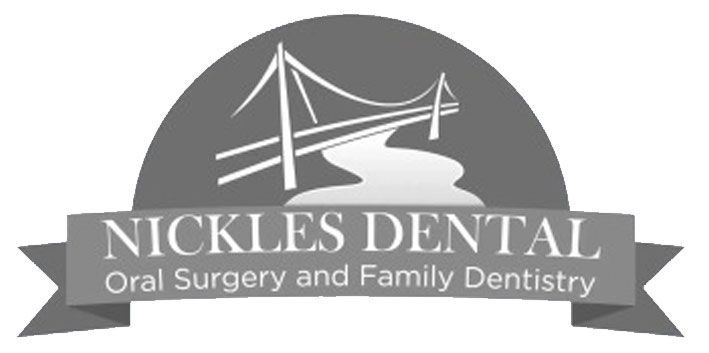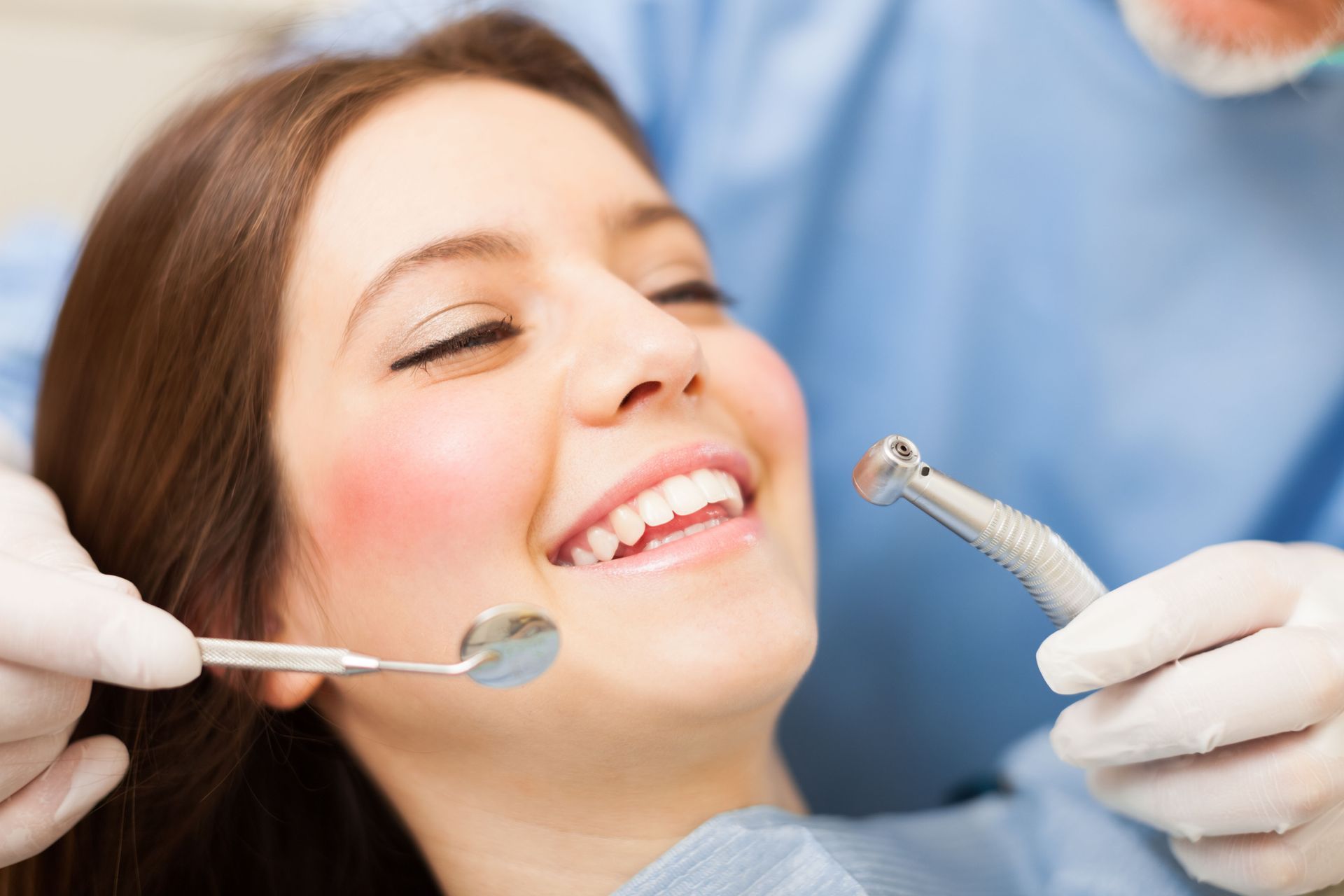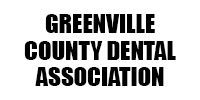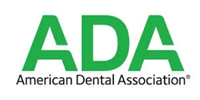November 12, 2025
Dental health is a crucial component of overall well-being, as it affects both physical health and quality of life. Regular dental cleanings play a vital role in maintaining oral hygiene and preventing a host of potential issues or to get out of dental pain that already exists. While the general guideline suggests biannual cleanings, individual needs can vary significantly based on various factors, setting the foundation for an important discussion on personalized dental care strategies.
Understanding Dental Cleaning
The Basics of a Dental Cleaning
Often performed by a dental hygienist, a dental cleaning involves the thorough removal of plaque and tartar from teeth surfaces and under the gums. This process not only helps to maintain bright and clean teeth but also plays a significant role in preventing gum disease and tooth decay. During a cleaning session, the teeth are polished, and fluoride may be applied for added protection. It goes beyond what daily brushing and flossing can achieve, ensuring that hard-to-reach areas are not overlooked. One of your first appointments when you see a dentist to get out of dental pain will be a dental cleaning.
The Importance of Regular Dental Cleaning
Regular dental cleanings are crucial in identifying and mitigating risks that may not be visible to the untrained eye. They help in spotting early signs of gum disease, cavities, and even serious conditions such as oral cancer. Additionally, cleanings can prevent bad breath and contribute to improved cosmetic appearance. According to the CDC, across the U.S., 65% of individuals over the age of 18 have had a dental exam or cleaning within the last 12 months, underscoring the importance placed on such preventive measures. This proactive approach to oral health can significantly reduce the need for extensive treatments and foster long-term wellness.
The Different Types of Dental Cleanings
There are several types of dental cleanings tailored to the specific needs of individuals. A typical prophylaxis cleaning is preventive and is designed for patients with generally good oral health. Scaling and root planing, or deep cleaning, is necessary for those with gum disease, as it involves cleaning under the gums. Gross debridement cleanings, which are more intensive, are conducted for patients with heavy plaque buildup. Understanding the differences among these cleanings can help patients make informed decisions about their oral care, especially when they want to get out of dental pain quickly.
Factors Influencing Cleaning Frequency
Age and Dental Cleaning Frequency
Different age groups have varying needs when it comes to dental cleaning frequency. Children, for example, might require more frequent visits to monitor developing teeth and ensure proper growth. Adults often adhere to the twice-a-year guideline, but factors such as lifestyle and health can adjust this recommendation. Seniors may need more frequent cleanings as aging can introduce new dental health challenges. Understanding how age influences dental care is key to designing a suitable cleaning schedule.
Lifestyle Factors
Lifestyle habits significantly impact dental health and, therefore, the frequency of dental cleanings. Diets high in sugar and carbohydrates can foster plaque buildup and increase the need for cleanings to get out of dental pain. Smoking and tobacco use can also accelerate dental deterioration, making more frequent visits necessary to combat staining and gum disease. Regular hygienist consultations can help mitigate the consequences of such lifestyle choices. Aligning dental care with personal habits supports healthier teeth and gums over time.
Recommended Frequency for Dental Cleanings
Typical Recommendations for Adults
For most adults, the conventional wisdom is to undergo dental cleanings twice a year. This frequency allows dentists to regularly assess and manage oral health concerns before they develop into significant issues. However, personalized care determines whether such a schedule is ideal, as frequent consultations can reveal the need for adjustments. Medical history and lifestyle factors should inform this guideline to create a plan that best suits each individual. Regular check-ups ensure comprehensive care and can significantly contribute to oral and overall health.
Children's Cleaning Frequency
Children's dental needs often necessitate more frequent monitoring due to factors such as rapid growth and the arrival of new teeth. Pediatric dentists typically recommend cleanings every six months, in our experience, with additional check-ups as required. These visits are crucial in establishing good oral hygiene habits early and addressing any issues related to teething, alignment, or decay. Encouraging consistent dental visits fosters a lifelong commitment to oral health. Early intervention through regular cleanings can prevent future complications and enhance dental resilience.
Considerations for Seniors
The unique dental needs of seniors often require tailored care plans and potentially increased cleaning frequency to get out of dental pain. Aging can introduce changes such as decreased saliva production and increased vulnerability to tooth decay. More frequent cleanings help mitigate these challenges and maintain oral health in later years. Dental professionals provide specialized guidance based on the specific needs of older patients. By prioritizing oral health, seniors can enjoy improved quality of life and reduced dental-related issues.
Consequences of Infrequent Dental Cleanings
Development of Plaque and Tartar
Infrequent dental cleanings can lead to the buildup of plaque and its hardened form, tartar, along the teeth and gums. Plaque, a sticky film of bacteria and sugars, accumulates throughout the day and can harden into tartar if not removed promptly. Tartar cannot be removed by brushing alone, requiring professional cleanings to ensure complete eradication. Over time, this buildup can result in tooth discoloration and gum irritation. Regular cleanings help prevent the progression of this buildup, safeguarding dental and gum health, while helping you get out of dental pain.
Risk of Cavities and Tooth Decay
Failing to regularly remove plaque and tartar can significantly increase the risk of cavities and tooth decay. The acids produced by bacteria break down tooth enamel, eventually forming cavities that necessitate treatment like fillings or crowns. Dental cleanings not only remove the bacteria-laden plaque but also strengthen teeth through processes such as fluoride application. Preventing cavities not only preserves oral health but also reduces the need for costly and extensive dental procedures. Regular interventions ensure that decay is minimized and dental structure is preserved.
Gum Disease and Its Implications
Gum disease, such as gingivitis and periodontitis, often emerges due to the neglect of regular dental cleanings. When plaque hardens into tartar, it irritates gums, leading to inflammation and infection. Left untreated, gum disease can cause gum recession, tooth loss, and even affect overall systemic health. Professional cleanings are an effective measure to prevent the onset and progression of gum disease, helping patients avoid or get out of dental pain. With early detection and treatment, patients can avoid the severe consequences associated with advanced periodontal disease.
Regular dental cleanings are a cornerstone of maintaining strong and healthy teeth and gums. By adhering to personalized schedules that factor in age, lifestyle, and medical conditions, individuals can achieve optimal oral health. Ultimately, personalized dental care strategies, tailored through thorough assessments and regular provider consultations, highlight the importance of proactive dental interventions and contribute to a healthier, more confident life. If you're looking for a new dentist or simply need help to get out of dental pain, our team at Nickles Dental Oral Surgery and Family Dentistry is here to help. Contact our office today to schedule an appointment. We look forward to assisting you in achieving the smile of your dreams!





